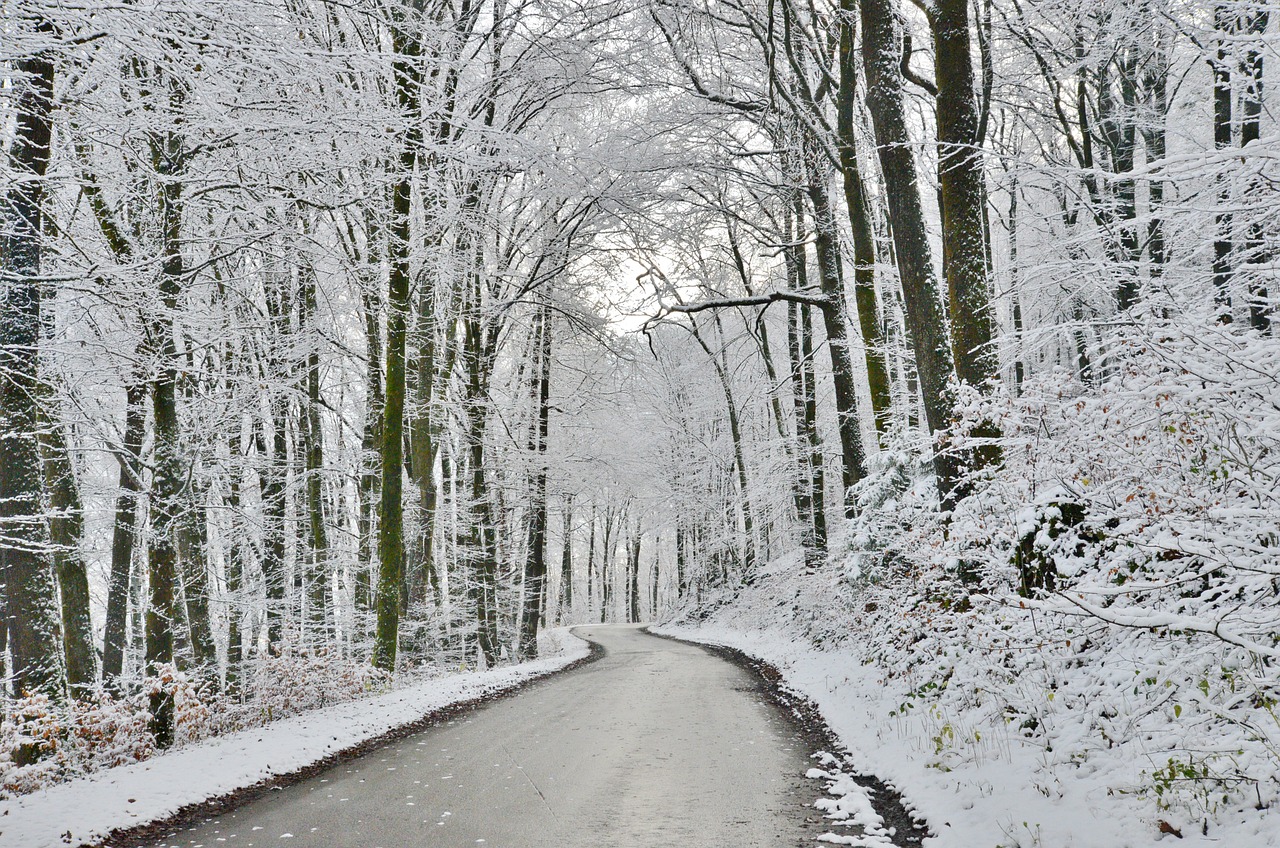Coping with Power Outages: Being Prepared in Luxembourg
Power outages can occur unexpectedly, disrupting our daily lives and leaving us without electricity for an extended period. It is crucial to be prepared for such situations, especially in Luxembourg. This article will provide detailed information on how to cope with power outages and ensure you are ready for any unforeseen circumstances.
Understanding Power Outages
Power outages can be caused by various factors, including severe weather conditions, equipment failure, or maintenance work. Understanding the reasons behind power outages can help you better prepare for them. Luxembourg’s power grid is generally reliable, but occasional outages can still occur.
- Severe Weather Conditions: Storms, heavy snowfall, or lightning can damage power lines and disrupt the electricity supply.
- Equipment Failure: Faulty equipment or technical issues within the power grid can lead to unexpected power outages.
- Maintenance Work: Scheduled maintenance or repairs on power lines or substations may require temporary power outages.
During severe weather conditions, it is essential to stay informed about any potential power outages through local news channels or weather updates.
Report any unusual electrical problems or signs of equipment failure to the local utility company to ensure prompt resolution.
Check with your local utility company for any planned maintenance work in your area to prepare accordingly.
Creating an Emergency Kit
Having a well-prepared emergency kit is essential during power outages. It ensures you have the necessary supplies to sustain yourself and your family until power is restored. Here are some items to include in your emergency kit:
- Flashlights and Batteries: Keep multiple flashlights with extra batteries to navigate in the dark.
- Non-Perishable Food and Water: Stock up on canned goods, dry snacks, and bottled water that can last for several days.
- First Aid Kit: Include essential medical supplies such as bandages, antiseptics, and prescription medications.
- Portable Power Banks: Have power banks or portable chargers to keep your mobile devices running.
- Blankets and Warm Clothing: Prepare warm clothing and blankets to stay comfortable during colder weather.
Avoid using candles as they pose a fire hazard.
Ensure you have enough supplies for each family member, including pets.
Regularly check and replenish your first aid kit to ensure it is up to date.
These can be useful for communication and accessing emergency information.
Layer clothing to conserve body heat if necessary.
Developing a Communication Plan
During power outages, communication becomes crucial. Establishing a communication plan with your family, neighbors, and local authorities ensures everyone stays informed and connected. Consider the following:
- Emergency Contacts: Compile a list of emergency contacts, including family members, neighbors, and local emergency services.
- Alternative Communication Methods: Prepare alternative communication methods such as a battery-powered radio or a hand-cranked emergency radio.
- Neighborhood Network: Connect with your neighbors to establish a support network during emergencies.
Make sure each family member has a copy of this list and knows how to reach out for help if needed.
These can provide access to news updates and emergency information.
Share contact information and offer assistance to those who may need it.
Conserving Energy during Outages
During power outages, it is essential to conserve energy to prolong the life of your emergency supplies and minimize discomfort. Here are some energy-saving tips:
- Minimize Opening Refrigerators and Freezers: Keep the doors closed as much as possible to prevent cold air from escaping.
- Unplug Non-Essential Electronics: Unplug devices and appliances that are not necessary to conserve battery power.
- Use Natural Lighting: Take advantage of natural lighting during the day to reduce the need for artificial lighting.
- Limit Water Usage: Minimize water usage to preserve the water supply if you rely on an electric pump for water.
Food can stay safe in a closed refrigerator for about four hours and in a closed freezer for up to 48 hours.
Only keep essential electronics connected to power sources.
Open curtains or blinds to let in sunlight.
Consider filling containers with water in advance for essential needs.
Seeking Alternative Accommodations
In some cases, power outages can last for an extended period, making it necessary to seek alternative accommodations. Consider the following options:
- Staying with Family or Friends: Reach out to family or friends who may have power and can provide temporary shelter.
- Hotels or Guesthouses: Look for hotels or guesthouses in unaffected areas that have power backup systems.
- Emergency Shelters: If available, local authorities may set up emergency shelters for those without power.
Ensure you communicate your situation and make necessary arrangements in advance.
Make reservations in advance to secure a place to stay.
Stay informed about shelter locations through local news or emergency services.
Restoring Power and Reporting Outages
When experiencing a power outage, it is crucial to report it to the appropriate authorities to ensure prompt restoration. Here’s what you can do:
- Contact Your Utility Company: Report the outage to your local utility company’s emergency hotline.
- Stay Updated: Stay informed about the progress of power restoration through local news or utility company updates.
Provide them with any relevant information about the outage, such as unusual sounds or visible damage.
Follow any instructions or guidelines provided by the authorities.
Luxembourg Image 1:

Conclusion
Being prepared for power outages is essential to ensure the safety and well-being of yourself and your loved ones. By understanding the causes of power outages, creating an emergency kit, developing a communication plan, conserving energy, and knowing alternative accommodation options, you can navigate through power outages in Luxembourg with ease. Remember to report outages to your utility company and stay informed about restoration progress. Stay prepared, stay safe!
Luxembourg Image 2:

References
– Luxembourg Ministry of Energy and Spatial Planning: energy.public.lu
– Luxembourg Ministry of the Interior: interieur.gouvernement.lu
– Luxembourg Red Cross: croix-rouge.lu
– Luxembourg Government Portal: guichet.public.lu

